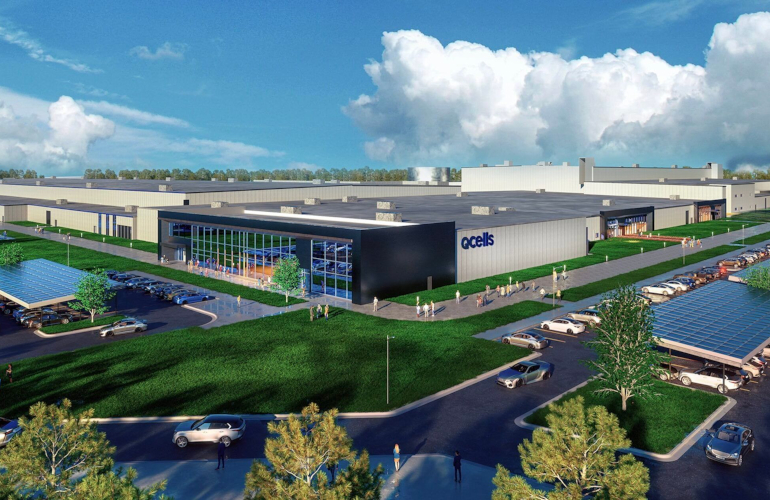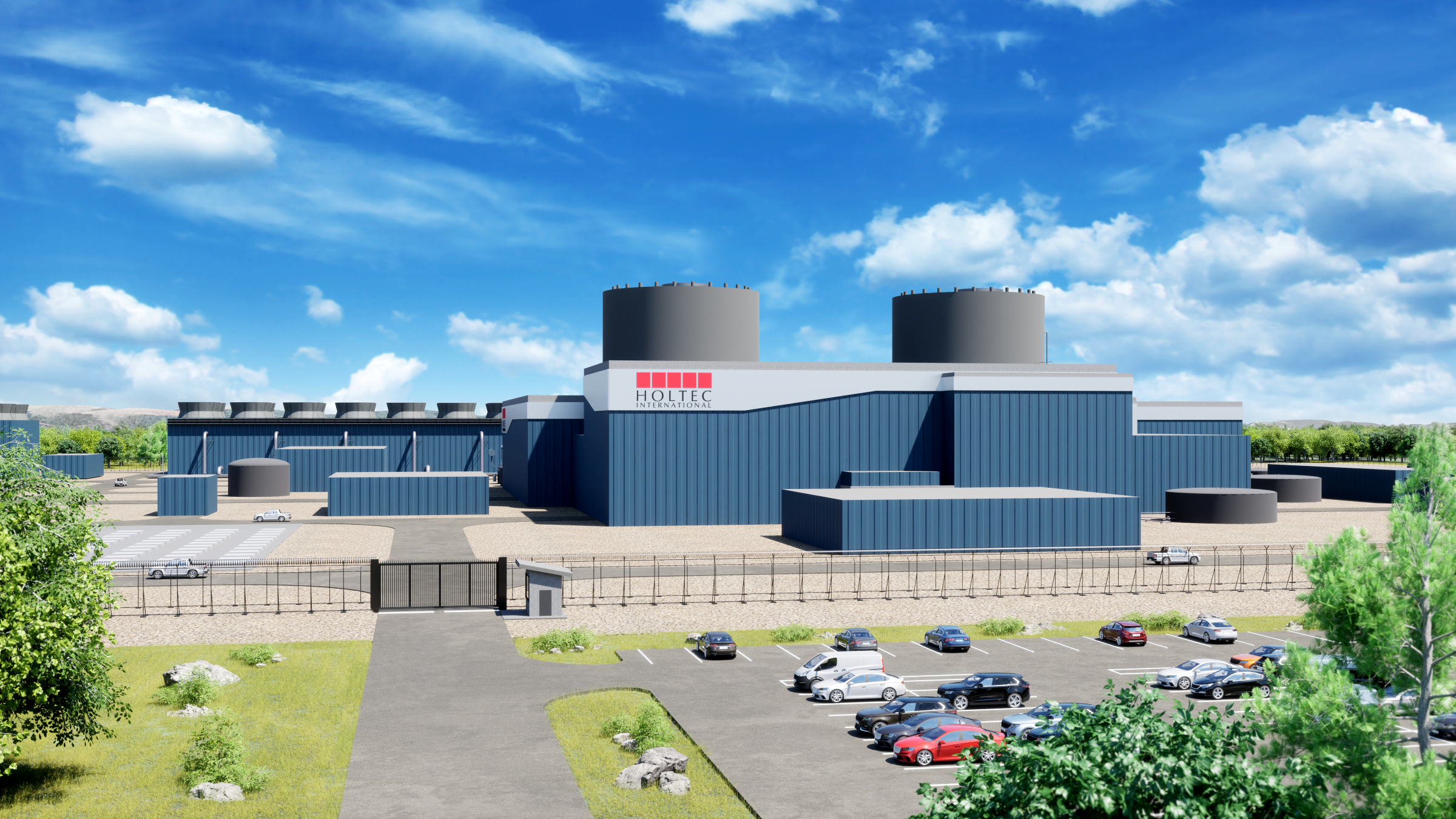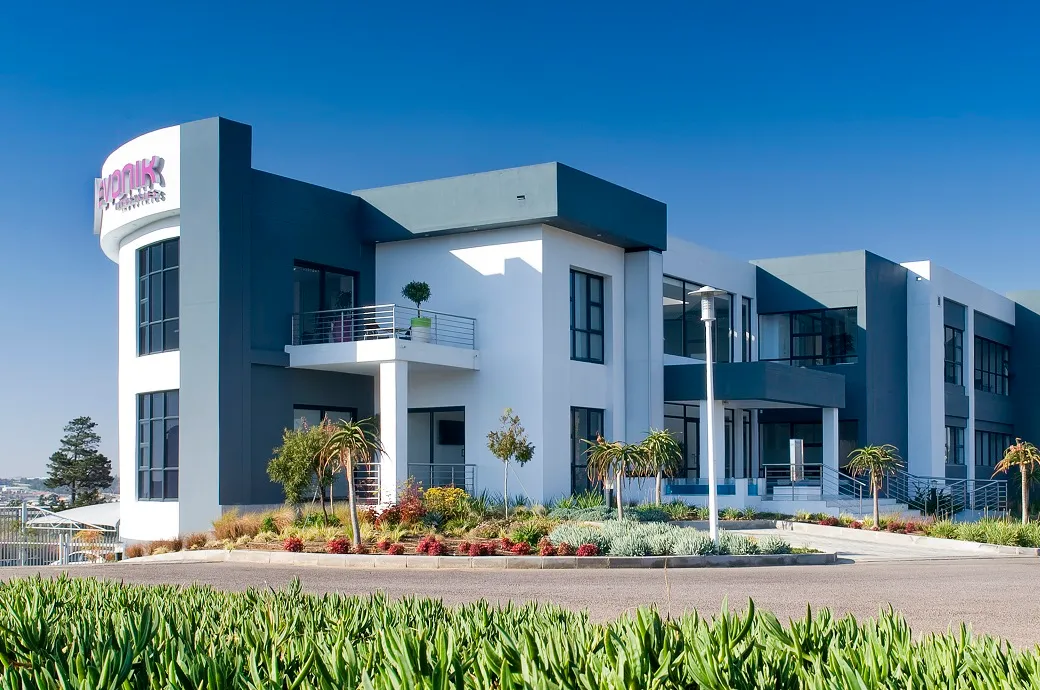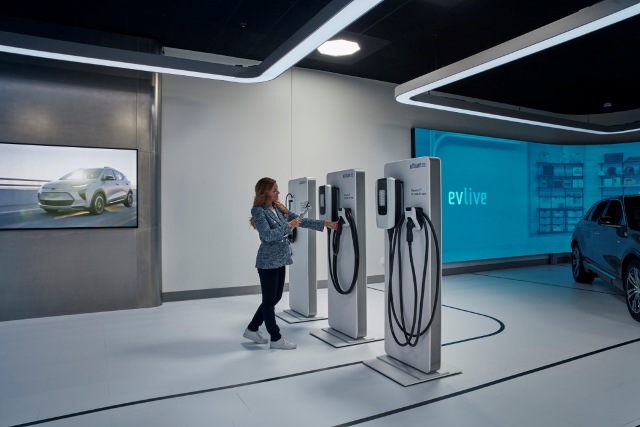DOE Endorses Qcells with $1.45 Billion Loan for New Solar Manufacturing Facility in Georgia
Qcells, a leading North American solar manufacturer, has received a conditional commitment for a loan guarantee of up to $1.45 billion from the Department of Energy’s (DOE) Loan Programs Office (LPO). This funding, part of the Biden-Harris Administration’s Investing in America initiative, will support the construction of a new solar supply chain facility in Cartersville, Georgia. The plant, which is expected to start production by late 2024, will manufacture ingots, wafers, cells, and finished solar panels.
Establishing the Largest Solar Component Plant in the U.S.
The Cartersville facility will be the largest ingot and wafer manufacturing plant in the United States, reestablishing critical elements of the domestic solar supply chain and enhancing the country’s leadership in clean energy. This factory will be the first fully integrated silicon-based solar manufacturing facility built in the U.S. in over a decade, with an anticipated production capacity of 3.3 GW of solar panels annually—enough to power approximately 500,000 American homes.
Supporting Economic Growth and Reshoring Solar Production
Qcells’ new plant will play a significant role in reshoring solar production, reducing reliance on components produced in China and Southeast Asia. This project is poised to benefit from the Section 45 Advanced Manufacturing Production Tax Credit under the Inflation Reduction Act (IRA), which incentivizes domestic manufacturing and supports the broader goal of boosting the U.S. clean energy economy. The Cartersville factory will also contribute to solar developers qualifying for the IRA’s domestic content bonus, fostering greater demand for U.S.-made solar products.
Community-Centric Development and Job Creation
In alignment with the Biden-Harris Administration’s efforts to promote an equitable clean energy future, Qcells is committed to implementing a comprehensive Community Benefits Plan (CBP). This plan emphasizes meaningful community engagement, job creation, and support for disadvantaged communities. The construction of the facility, located near economically disadvantaged areas, has already involved local contractors and partnerships with educational institutions like Kennesaw State University to create job training and apprenticeship opportunities for local residents.




